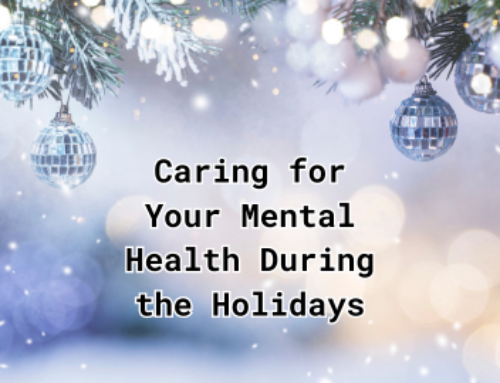The Physical Effects of Depression
Depression is a complex mental health condition that is much discussed but still needs much study to be better understood. In general, it impairs people’s ability to go about their business by afflicting them with a low mood and other negative effects. Depressive symptoms can be temporary as a response to something like grief. But depressive symptoms that last longer than a few weeks can be a sign of a depressive disorder.
Common signs of depression include:
- Feelings of sadness
- Feelings of guilt or low self-image
- Trouble concentrating
- Irritability
- Intrusive negative thoughts
The brain is a complicated organ, and much can go wrong if signals are mixed up or are not reaching the right places in the body. Neurotransmitters are chemical signals sent by the brain for various purposes, and one of them is serotonin. Serotonin plays a huge role in regulating mood. When levels of serotonin drop, for whatever reason, you become at risk for depression and other mood disorders. But serotonin and other neurotransmitters like dopamine don’t just help regulate mood. They also play a part in how we experience sleep, hunger, libido, and more.
Depression doesn’t just hurt our minds. It’s important to remember that it can manifest as physical ailments too. The following are some ways depression affects our bodies.
Fatigue and low energy levels are a classic sign of depression. It’s normal to experience days where we don’t want to get out of bed or go to work, but depression fatigue goes much further. Dr. Maurizio Fava, Director of the Clinical Research Program at Boston’s Massachusetts General Hospital, points out that depressed individuals often experience nonrestorative sleep, meaning that they feel sluggish even after getting a full night of rest.
Trouble sleeping can also accompany depression. Interestingly, trouble sleeping tends to swing to either side of a spectrum with depression. Sufferers can experience insomnia, or trouble going to or staying asleep, or they can experience hypersomnia, or sleeping too much. A desire to withdraw and non-restorative sleep contribute to hypersomnia.
Eating habits are another area where people with depression often experience a pendulum. Some people with depression develop an aversion to food, even foods they used to favor. They may experience symptoms of malnutrition and weight loss. Others find it difficult not to eat too much, as food can be a comfort and source of pleasure. These individuals may gain weight, and either type of person may experience lower self-worth based on their eating habits.
Sufferers of depression frequently experience low libido and sexual dysfunction. They may have trouble becoming aroused, not be able to orgasm, or have little interest in sexual activity altogether. Some antidepressant medications can cause or exacerbate low libido as well. Problems in sexual relationships can arise from this or as an effect of depression overall.
Physical sickness frequently arises as an accompaniment to depressive disorders. People with depression commonly experience ailments like these:
- Aches and pains
- Headaches
- Backaches
- Gastric distress
One 2015 study showed a correlation between people who are depressed and decreased pain tolerance, while another study in 2010 showed that pain has a greater impact on people who are depressed. Newer studies suggest that inflammation in the body may have something to do with the neurocircuits in our brain. Regarding gastric afflictions, doctors and scientists sometimes refer to the gut as the “second brain,” because they have found a connection between gut health and mental well-being.
If you are experiencing physical problems like these along with depressive symptoms, help is available. See your general physician first and tell them all about what you are experiencing. They can run tests to find probable causes and rule out others. After that, they can make recommendations and referrals to other specialists. We can also perform a metabolic workup for you to give us a holistic view of what’s going on with your body and mind. Ask us about transcranial magnetic stimulation, a treatment for treatment-resistant depression. Contact us anytime on our website or call (585) 442-6960.




